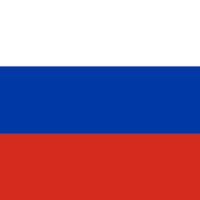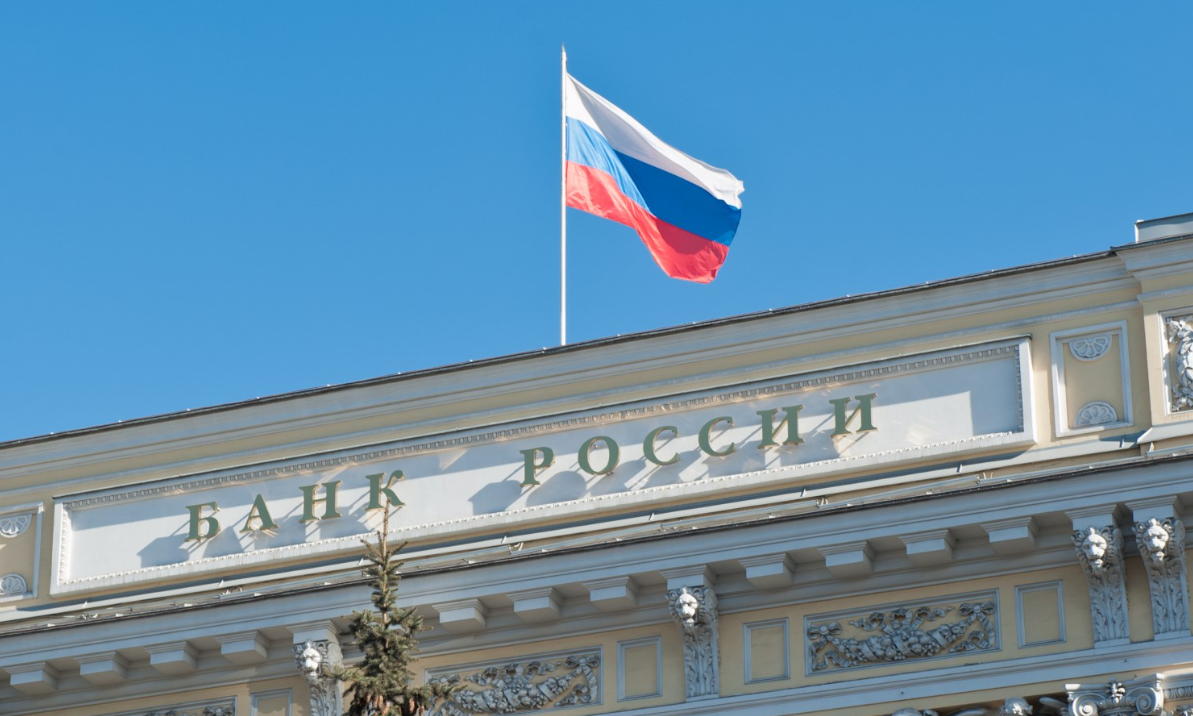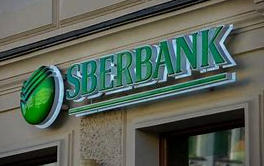Talking Trends: Economic activity rises early in the year
Download → TALKING TRENDS Economy and markets Executive summary
Inflationary pressures were up slightly against the background of a notable impact of one-off factors, resulting in invariably elevated inflation expectations of households and businesses. Sustained inflation risks originated from the budget, the labour market and external conditions. Growing parallel imports and new sources of supplies helped improve the availability of goods, working as a constraint on prices as consumer demand rebounded.
Executive summary
Monthly summary
Flash estimates suggest that economic activity rose across most sectors of the Russian economy (including the consumer sector) at the beginning of 2023. Inflationary pressure was up slightly but remained moderate overall. However, one-off inflation drivers sent consumer prices higher and worked to keep inflation expectations of households and businesses at an elevated level. Also, sustained inflation risks originated from the budget, the labour market and external conditions.
o Most groups of industries posted a positive performance between January and February, except for industries with a significant share of export demand. Going by movements in incoming payments, growth was accelerated in industries focused on public demand. A slight rebound in consumer demand came on the back of an increase in real incomes and a highly competitive labour market. Increased parallel imports and new sources of supplies combined to improve the availability of goods, with this expansion in demand bringing insignificant price pressures.
o In January, seasonally adjusted consumer prices rose upwards of 4% in annual terms. This growth is primarily due to one-off inflation drivers. However, sustainable factors of inflation are becoming increasingly more relevant. If they are to strengthen in the future, a tougher monetary policy stance may be needed to return inflation to target in 2024.
o OFZ yields were up slightly in February. The level of long-term yields is still affected by increased borrowings and concerns about persistently high budget deficits over the medium term.
In focus: China’s exit from the zero-Covid policy amplifies global inflation risks
Global economic activity stabilised early in the year. Fears of a global recession receded. Global growth is further supported by the easing of Covid restrictions in China. Monthly price growth slowed, sending annual inflation lower in most major countries.
China's exit from zero-Covid policy is set to support global growth by giving a boost to supply chains. At the same time, Chinese households unleashing their pent-up consumption and a recovery in corporate demand, both domestically and abroad, may well amplify inflation risks around the globe.
The rollback of restrictions by Chinese authorities will help accelerate the reorientation of Russian foreign trade towards friendly countries. At the same time, the limited capacity of transport corridors in the eastern part of Russia remains a constraint for the refocus of imports.





















































First, please LoginComment After ~